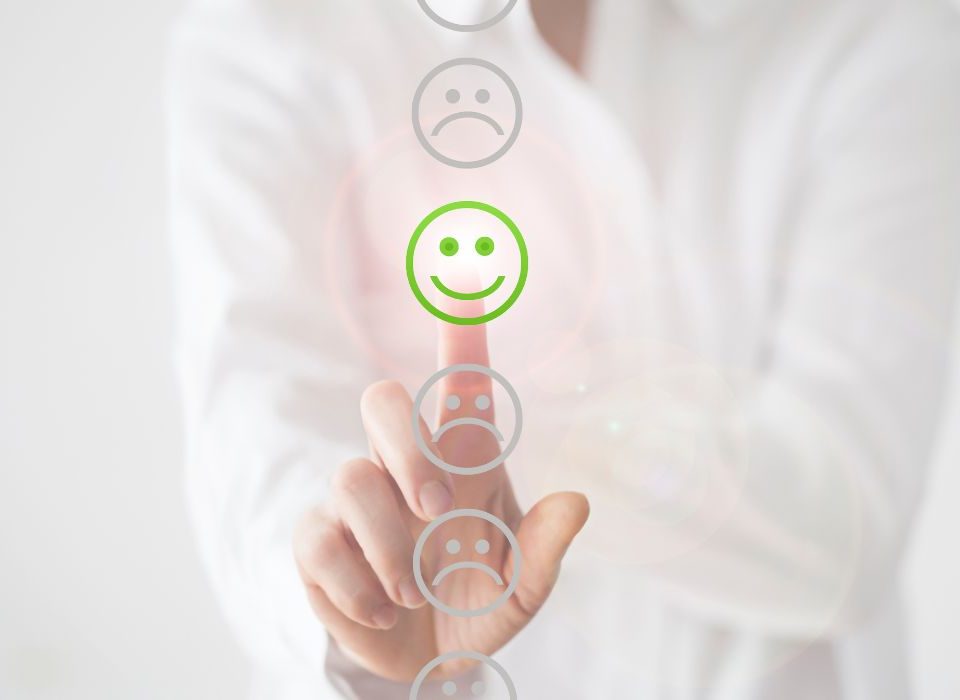
Anorexia Recovery: Tips and Stages for Healing and Reclaiming Your Life
October 4, 2024
The Impact of Bullying on Adolescent Eating Habits and the Link to Eating Disorders
October 10, 2024Bullying is a pervasive issue that affects countless adolescents worldwide. Whether it takes place in school hallways, online, or during after-school activities, bullying can have severe and long-lasting effects on the mental health of its victims. Adolescents, who are in a critical stage of emotional and psychological development, are particularly vulnerable to the harmful consequences of bullying. As a result, understanding the impact of bullying on the victims is crucial to addressing and mitigating its long-term effects on mental health.
The Different Forms of Bullying
Before diving into the bullying impact on mental health, it is essential to understand the different forms bullying can take. Bullying can manifest in several ways, including:
- Physical bullying – involves hitting, pushing, or other forms of physical aggression
- Verbal bullying – includes name-calling, insults, or derogatory comments
- Social bullying – involves excluding individuals from groups or spreading rumors
- Cyberbullying – occurs online, where individuals are harassed or humiliated through social media, texts, or other digital platforms
Each form of bullying can leave deep emotional scars on the victim, contributing to various mental health challenges.
The Impact of Bullying on the Victims
Bullying can have devastating effects on adolescents’ self-esteem and emotional well-being. Victims often feel powerless and isolated, which can result in a downward spiral of emotional distress. The impact of bullying on the victims can vary depending on the frequency, severity, and type of bullying they experience. However, there are several expected consequences that most adolescents face after being bullied:
- Low self-esteem: Being subjected to hurtful comments or physical aggression can lead adolescents to believe the negative things about them, making them question their self-worth.
- Anxiety: The constant threat of bullying can create persistent feelings of anxiety. Adolescents may fear going to school or social events, knowing they might encounter their bullies.
- Depression: As bullying continues, feelings of hopelessness can set in, contributing to depressive symptoms such as sadness, loss of interest in activities, and even suicidal ideation.
- Academic struggles: Bullying doesn’t just impact an adolescent’s emotional state; it can also affect their performance in school. Many victims find it difficult to concentrate on their studies, and some may even drop out to avoid further harassment.
The harmful effects of bullying are not only limited to the victims but can also extend to their families, schools, and communities. Parents of bullied adolescents often struggle with how to support their children, while schools face increased disciplinary issues and declining student morale.
Bullying Impact on Mental Health
The bullying impact on mental health is significant and can last well into adulthood if not addressed. Many adolescents who experience bullying develop long-term mental health disorders, including:
- Post-traumatic stress disorder (PTSD): Prolonged exposure to bullying can leave adolescents feeling constantly on edge, similar to the hypervigilance experienced in PTSD.
- Social anxiety disorder: After being bullied, many adolescents develop a fear of social situations, worrying that they will be judged or ridiculed by their peers.
- Depressive disorders: Chronic bullying can lead to deep emotional pain, which may result in major depressive disorder or other mood disorders.
- Self-harm and suicidal ideation: Tragically, many victims of adolescent bullying resort to self-harm or develop suicidal thoughts as a way to cope with their emotional pain. Research shows a strong link between bullying and suicidal behavior in adolescents, with victims being more likely to contemplate or attempt suicide than their non-bullied peers.
These mental health challenges can persist into adulthood, affecting career prospects, relationships, and overall quality of life.
The Role of Social Media in Adolescent Bullying
With the rise of social media, bullying has taken on a new form—cyberbullying. Unlike traditional forms of bullying, which are confined to specific environments like school, cyberbullying can follow victims home, making it feel inescapable. Cyberbullying allows bullies to hide behind a screen, often amplifying the cruelty of their attacks. Victims may feel even more powerless because cyberbullying usually happens anonymously, making it challenging to identify and confront the bully.
The impact of bullying on the victims in online spaces can be just as severe, if not worse, than physical or verbal bullying. Adolescents may experience sleep disturbances, increased anxiety, and feelings of helplessness. Furthermore, the permanence of online content means that embarrassing posts or photos can be shared widely, leading to long-term damage to a victim’s reputation and self-esteem.
Combating Adolescent Bullying
Addressing the impact of bullying on mental health requires a multifaceted approach. Schools, parents, and communities must work together to create safe environments where adolescents feel supported and protected. Some strategies include:
- Anti-bullying programs: Schools should implement clear policies and anti-bullying programs to foster an inclusive atmosphere. Encouraging bystanders to intervene and support victims can also be effective.
- Counseling and therapy: Adolescents who have been victims of bullying may benefit from counseling or treatment to help them process their experiences and develop coping mechanisms.
- Parental support: Parents play a crucial role in helping their children navigate bullying. Encouraging open communication, monitoring online activities, and working with schools are vital ways to support bullied adolescents.
Get Help Today
Bullying can have severe and lasting consequences on an adolescent’s mental health, from increased anxiety to depression and even suicidal ideation. The bullying impact on mental health is profound, affecting not only the victims but their families and communities as well. By recognizing the various forms of adolescent bullying and taking steps to combat it, we can work towards a future where every adolescent feels safe, valued, and supported in their environments.
________________________________________________________________________________
Looking for treatment for an eating disorder, anxiety, depression, trauma, or postpartum mood disorder?
Evolve Counseling Services is a specialized team of Licensed Therapists providing treatment in Paoli.



